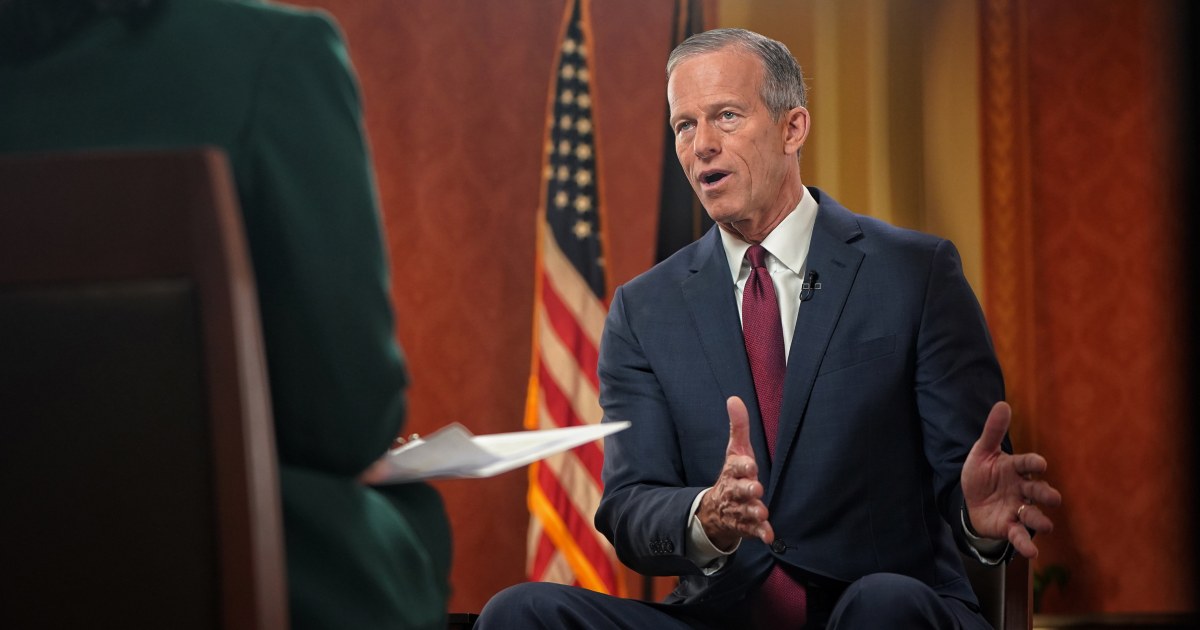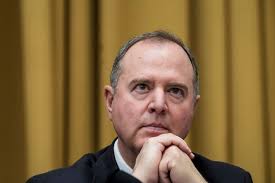The controversy surrounding the nomination of Kash Patel as the director of the FBI has sparked a heated debate among politicians and law enforcement professionals. Senators such as Adam Schiff have expressed strong opposition to Patel's confirmation, citing concerns about his qualifications and his past statements. Schiff emphasized the importance of having an FBI director with experience, judgment, and character to prioritize national security and defend against violence, referencing recent terrorist attacks.
Patel, a staunch ally of former President Donald Trump, has faced criticism for promoting baseless claims of election fraud and perpetuating deep-state conspiracy theories. His remarks about targeting journalists, lawyers, and judges who he believes have been unfair to Trump have raised alarms about his priorities and suitability for the role. Despite these concerns, some, like Senate Majority Leader John Thune, have voiced support for Patel, emphasizing the need for reform within the FBI and the restoration of public trust in the institution.
The endorsement of Patel by the National Sheriffs' Association cNSAc further complicates the situation. The NSA's letter of support highlighted Patel's credentials and commitment to collaborating with law enforcement agencies at all levels. The endorsement marked a significant departure for the association, which had never before backed a nominee for FBI director. The letter also criticized the Biden administration's law enforcement policies and border control measures, calling for a more coordinated response to combat criminal activities.
The reluctance of Thune to reveal his stance on Patel's confirmation has raised questions about the Senate's approach to Trump's controversial nominations. Despite being pressed on whether Patel would prioritize national security over political vendettas, Thune's responses remained vague and non-committal. His evasive answers have left many wondering about the Senate's willingness to scrutinize potential appointees thoroughly.
In light of the ongoing debate surrounding Patel's nomination, the future of the FBI and its role in safeguarding national security remains uncertain. The conflicting opinions and endorsements underscore the deep divisions within the political and law enforcement communities regarding the appointment of key positions in the government. As the confirmation process unfolds, the outcome will not only shape the leadership of the FBI but also influence broader discussions about accountability, integrity, and the future of law enforcement in the United States.
Overall, the controversy surrounding Kash Patel's nomination highlights the complex and contentious nature of political appointments and the challenges of ensuring competent leadership in critical government agencies. The conflicting perspectives and endorsements underscore the deep divisions within the political and law enforcement communities regarding the appointment of key positions in the government. The outcome of Patel's confirmation process will have far-reaching implications for the FBI, national security, and public trust in governmental institutions.


